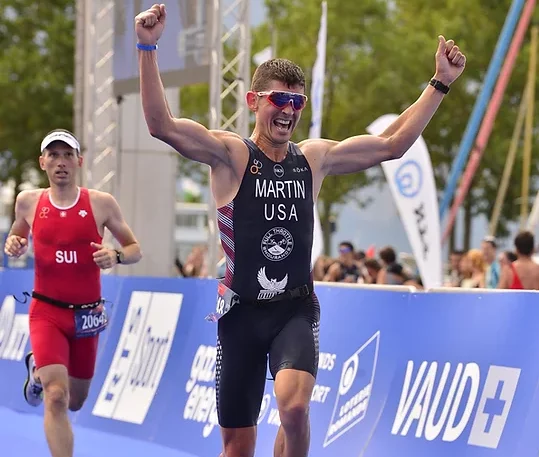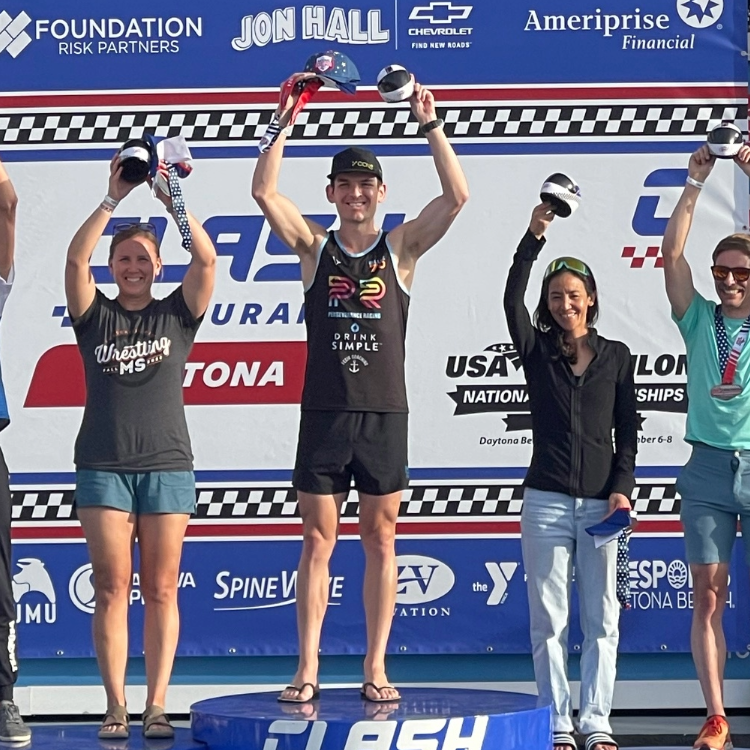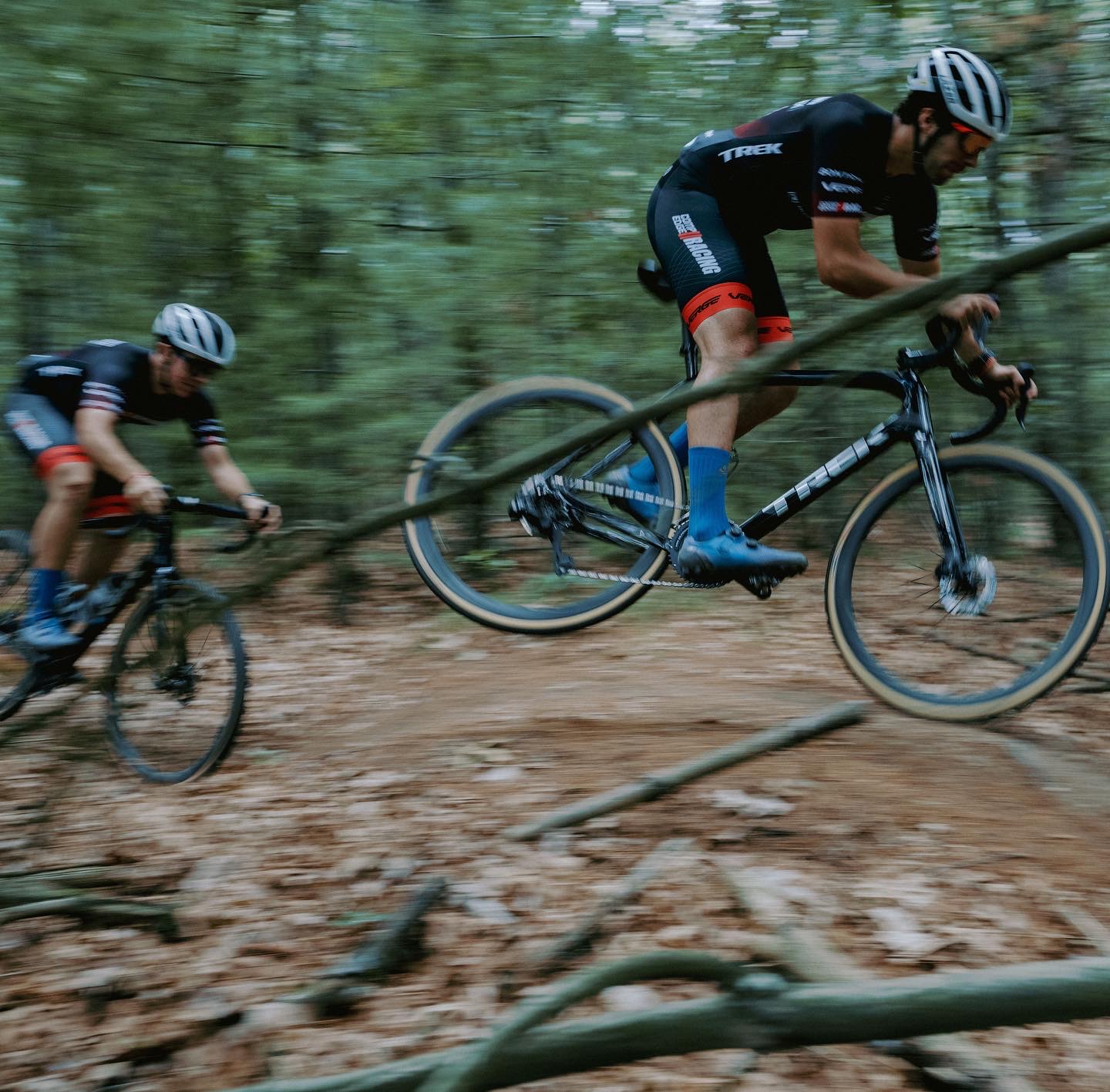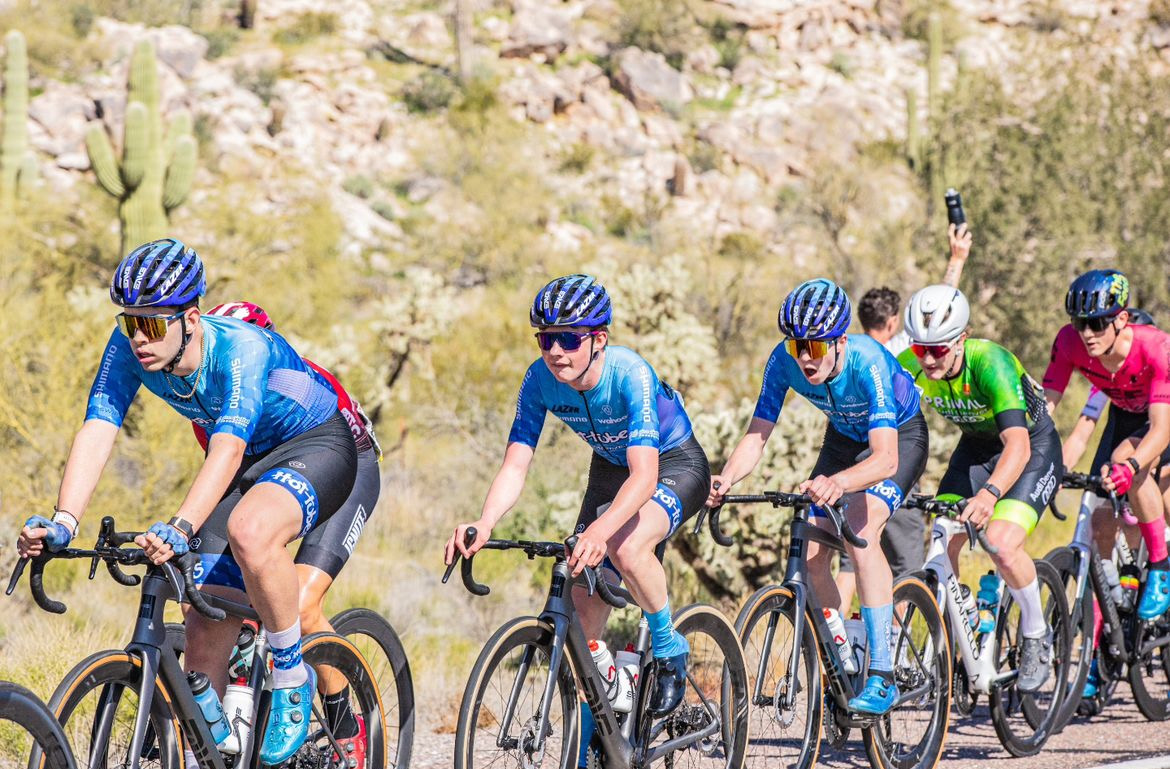CCNS Coach Dr. David Martin, believes that true success stems from mastering the essentials—fueling, and consistency. “The best equipment can’t compensate for inadequate fueling strategies,” David emphasizes. His insights are deeply rooted in academic and practical expertise, having earned a PhD from the University of Connecticut, where his dissertation focused on the effects of creatine supplementation during heat acclimation. Under the guidance of Dr. Doug Casa, a world-renowned expert in thermoregulation and hydration, David developed a comprehensive understanding of these critical factor.
David highlights that hydration plays a crucial role in endurance performance, impacting heart rate, core temperature, and fluid absorption, especially under challenging conditions. “As temperatures rise, the body’s ability to absorb fluids can plummet, making effective hydration strategies not just helpful, but essential,” he explains. Athletes need to train their bodies to handle fluids efficiently, considering environmental factors and exertion levels.
Consistency in training is another cornerstone of David’s philosophy. “What sets the top athletes apart is their dedication to a training regimen sustained over years,” he says, noting that long-term commitment leads to physiological adaptations such as increased blood flow, expanded heart capacity, and improved energy production at the cellular level. These changes are essential for maximizing endurance and power output.
David advises a holistic approach to training: treat hydration as a trainable skill, use cooling techniques to manage core temperature, and maintain disciplined routines. “Success in endurance sports is not just about racing; it’s about mastering the small, everyday habits that create big results.” His approach encourages athletes to integrate scientific principles into their training, allowing them to thrive in the demanding world of endurance racing.
Here are some takeaways from Coach David to consider when heading out on your next ride:
1. Hydration Affects Performance and Core Temperature
- Monitor Hydration Levels: Losing more than 2% of your body weight through sweat can decrease aerobic performance by 10% or more.
- Calculate Sweat Rate: Weigh yourself before and after exercise to understand how much fluid you lose.
- Stay Hydrated During Exercise: Drink enough fluids during your activity to replace sweat loss and help regulate your core temperature.
- Recognize Signs of Heat Stroke: Symptoms like a core temperature over 104°F (40°C), dizziness, or confusion require immediate medical attention.
2. Water Absorption Decreases in the Heat
- Understand Reduced Absorption: In hot conditions, your stomach’s ability to absorb water can drop significantly, from about 28 ml/min to as low as 13 ml/min.
- Test Comfort Levels: Practice drinking water during longer workouts to find out how much you can comfortably consume.
- Train Your Gut: Regularly drinking fluids while exercising, even in cooler weather, can enhance your body’s ability to absorb water efficiently.
3. Heat Acclimation Enhances Performance
- Prepare for Hot Climates: Implement a heat acclimation protocol when transitioning to hotter environments to improve performance and reduce heat-related risks.
- Safe Acclimation Strategy:
- Over an 8-day period, spend 5 days exercising for one hour with your core temperature above 38.5°C.
- Keep Intensity Low: Focus on low-intensity workouts during this time.
- Have Support Nearby: Ensure someone is present during acclimation sessions in case you feel unwell.
- Prioritize Safe Monitoring:
- Watch for Warning Signs: Symptoms like dizziness or delirium indicate the need to cool down immediately.
- Rehydrate Thoroughly: After each session, return your body weight to pre-exercise levels by properly rehydrating.
In Short
- Stay Hydrated: Drink enough water before, during, and after exercise.
- Practice The Way You Play: Get your body used to absorbing water, even when it’s not hot.
- Acclimate to Heat Safely: Gradually get your body used to hotter temperatures with easy workouts and accurate monitoring.





